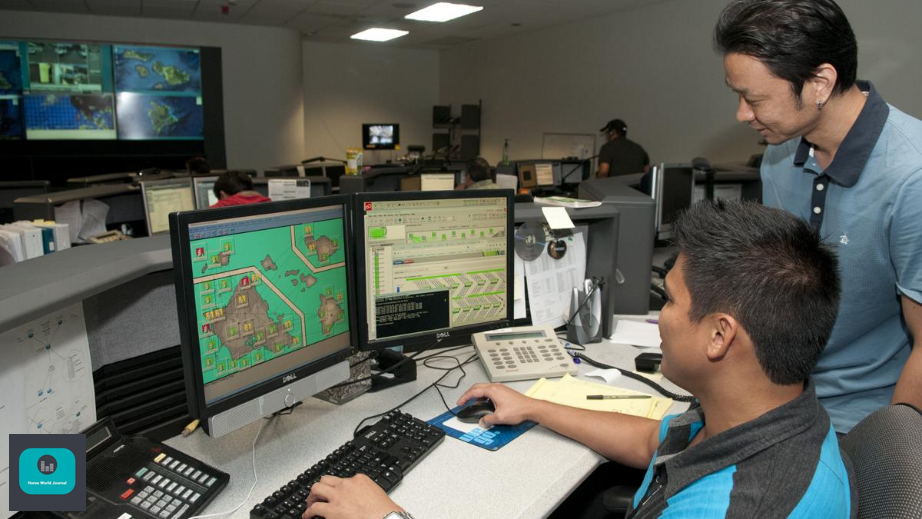In today’s modern world, telecommunications equipment companies are crucial to providing the best possible service to the public. They continually improve their infrastructure and add new features and applications to ensure the highest possible quality. Some of the equipment used by these companies includes transmission lines, multiplexers, base transceiver stations, and other communication technologies. Whether you want to work in a company that creates these products, or if you want to be involved in the development of new products and technologies, telecommunications equipment jobs can be an excellent choice for you.
Wide Range Of Occupations
Telecommunications equipment is an industry with many high-paying jobs. Jobs in the field include telecommunications technician, systems manager, voice over internet protocol engineer, cable installer, customer service representative, and data analyst. Telecommunications equipment is a growing industry, and there are numerous ways to get involved.
Telecommunications equipment jobs involve many different aspects of technology, including designing, installing, and repairing equipment. These jobs can also involve customer service and sales. Some jobs may require extensive training and experience. Others are more likely to require an advanced degree. Applicants with technical skills in this field will have the best job opportunities.
Careers in telecommunications equipment are challenging but rewarding. This field allows people to travel and experience other cultures. The demand for skilled professionals is always high. The field also offers career growth, and people in the industry can progress into management positions or executive positions.
Education requirements
A bachelor’s degree is not required for entry-level jobs in the telecom equipment industry. However, it can be useful to have some specialized training. This field is highly technical, and the employment outlook is excellent. An associate’s degree can lead to a job as a customer service representative or an equipment installer, and a bachelor’s or graduate degree can lead to management positions.
A bachelor’s degree is required for many telecommunications equipment engineering jobs. Generally, this field requires a bachelor’s degree in electrical engineering or electronics, although some positions require a four-year degree. A two-year associate’s degree in electrical engineering is also helpful. While an associate’s degree can open doors to many opportunities, a bachelor’s degree is often the preferred choice for the most advanced jobs. Some employers will offer on-the-job training, and optional certifications are also a good idea.
Graduate degrees are also necessary for some telecom equipment jobs. Although a doctorate is not a requirement for entry into the telecom equipment field, a doctorate can open up new opportunities and increase the likelihood of a job. Having a doctorate may also help an individual advance within a company or to reach a six-figure salary level.
Summary
| 2021 Median Pay | $60,370 per year $29.02 per hour |
|---|---|
| Typical Entry-Level Education | Postsecondary nondegree award |
| Work Experience in a Related Occupation | None |
| On-the-job Training | Moderate-term on-the-job training |
| Number of Jobs, 2021 | 178,000 |
| Job Outlook, 2021-31 | 8% (Faster than average) |
| Employment Change, 2021-31 | 14,400 |
Salary
Telecommunications equipment jobs offer a variety of benefits to their employees, including a high salary. The industry is extremely diverse and constantly in need of skilled professionals. These workers are often responsible for the installation and maintenance of phone lines, fiber optic cables, and other forms of communication equipment. This career can provide workers with a wide variety of job opportunities, including those in management and executive positions. This job may also require traveling to different parts of the country. As such, telecommunications equipment careers are very interesting and challenging.
Telecommunications equipment technicians often need a postsecondary education. Coursework typically includes computer programming, data communication, AC/DC electrical circuits, and data transmission systems. During this training, technicians work alongside an experienced technician to learn about the various components of telecommunication equipment. The training typically takes a few weeks to several months, and includes classroom instruction and hands-on experience. During this time, technicians are trained to diagnose and repair equipment.
In addition to performing repair and installation, telecommunications equipment installers and repairers are also responsible for monitoring the operation of equipment. They must also keep a record of the number of hours worked, parts used, and costs incurred. Line installers are those who set up telephone lines outdoors. The tasks that telecom technicians perform vary depending on their location and their level of specialization.

